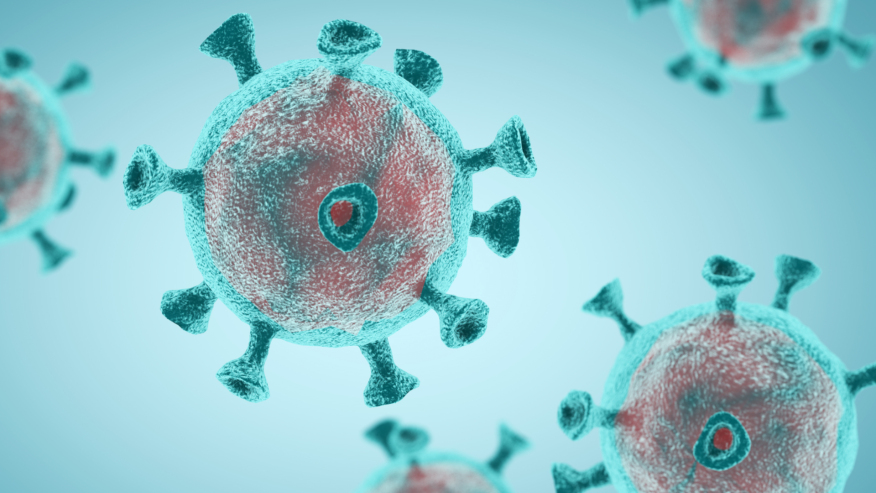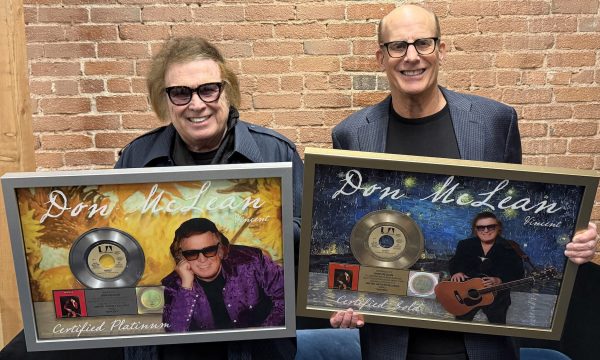The latest poll from WebMD on Covid-19 vaccine acceptance finds that nearly 55% of respondents are planning to get a vaccine within the first year of availability, and 42% within the first six months.
These percentages are higher than those from a previous WebMD poll in July which found that just over 40% of respondents planned on getting a vaccine the first year.
Fewer than one-third say they will get the vaccine in the first three months, which is consistent in both polls. In the new poll, about 12% said they will not get a vaccine at all, and the rest remain unsure. The number planning to forego a vaccine altogether is down from 28% in the previous poll.
Click here for more information: https://www.webmd.com/lung/news/20200902/webmd-poll-more-acceptance-of-covid-vaccine
Still, this latest poll revealed a disconnect on expectations for vaccine efficacy, with more than 65% of respondents indicating that a vaccine should be between 75-99% effective to gain Food and Drug Administration (FDA) approval. The FDA has said the any Covid-19 vaccine needs to be at least 50% effective to gain approval, i.e. prevent infection or decrease disease severity.
In this most recent poll of 1,000 WebMD readers, one-third said they would not get the vaccine with 50% effectiveness and about 25% said they would. One in five said they might, and 13% said they aren't sure.
Vaccine efficacy rates range from about 40% to 60% for the seasonal flu vaccine, to 97% for the measles, mumps and rubella vaccine, according to CDC data. Flu shots can still prevent illness or reduce disease severity, even in years when vaccine effectiveness is low. In the 2018-2019 flu season the vaccine was only 29% effective, but the CDC estimates that vaccinating only half of all Americans prevented 4.4 million cases of the flu, 58,000 hospitalizations, and 3,500 deaths.
"Understanding how well the vaccine works could be a hurdle for patients," said John Whyte, MD, chief medical officer of WebMD. "Public health officials need to take on the challenge of explaining vaccine effectiveness to consumers and what it means in terms of preventing illness or reducing its severity should they become ill."
Greater Acceptance in People with No School Age Kids at Home
People without school-age children at home say they are more likely to get a vaccine in the first three months of availability than are people with children in grades kindergarten through 12 (21.3% versus 6%).
This difference could be explained by age. Older people experience worse disease severity and higher rates of hospitalizations.
Additionally, the poll suggests women may be somewhat more likely than men to get a vaccine within the first six months of availability (25.9% for women compared with 16.8% of men responding).
Source: WebMD poll of 1,000 readers, August 24, 2020.














